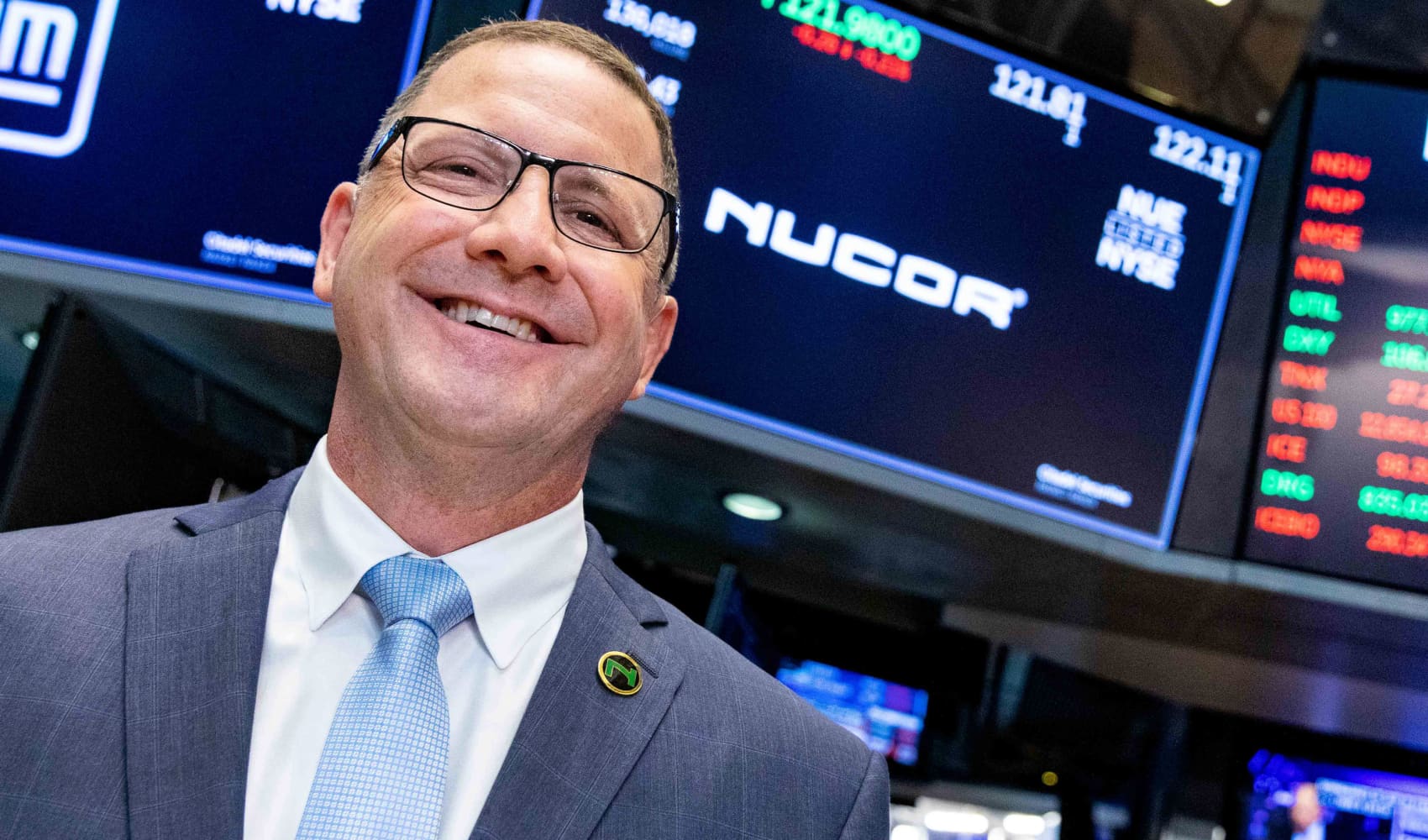
Money market accounts and savings accounts may appear similar, yet there are a few key differences that you should consider when deciding where to park your money.
Savings accounts generally give you a higher interest rate than regular checking accounts and still offer relatively easy access to your money.
Savings and money market accounts are backed by the FDIC if the bank is a member. It is important to note that if you invest in a money market mutual fund offered by a brokerage, this is not insured by the FDIC.
Money market accounts are also considered a type of savings account, but the interest rate is usually even higher. But here's the catch, money market accounts often require higher minimum balances and deposits — something like $5,000, $10,000 or even $25,000.
Get Boston local news, weather forecasts, lifestyle and entertainment stories to your inbox. Sign up for NBC Boston’s newsletters.
More from Invest in You:
Here’s what your credit score means and how it impacts you
Here’s a simple way to make a monthly budget and start saving money
81% of U.S. adults are worried about a recession hitting this year, survey finds
When picking an account, you will want to look at the interest rate you'll be getting, and note any restrictions on the account — including minimum deposits and your ability to remove funds. For example, multiple money market accounts allow you to write checks or have a debit card to remove funds, but only a limited number of times a month.
Also, be aware of any fees. One charge could wipe out your interest payments for a month, or even more.
Money Report
Watch the video above to learn more.
SIGN UP: Money 101 is an 8-week learning course to financial freedom, delivered weekly to your inbox. For the Spanish version Dinero 101, click here.
CHECK OUT: The 7 levels of financial freedom, according to a self-made millionaire — 50% of U.S. workers are at Level 2 with Acorns+CNBC
Disclosure: NBCUniversal and Comcast Ventures are investors in Acorns.






